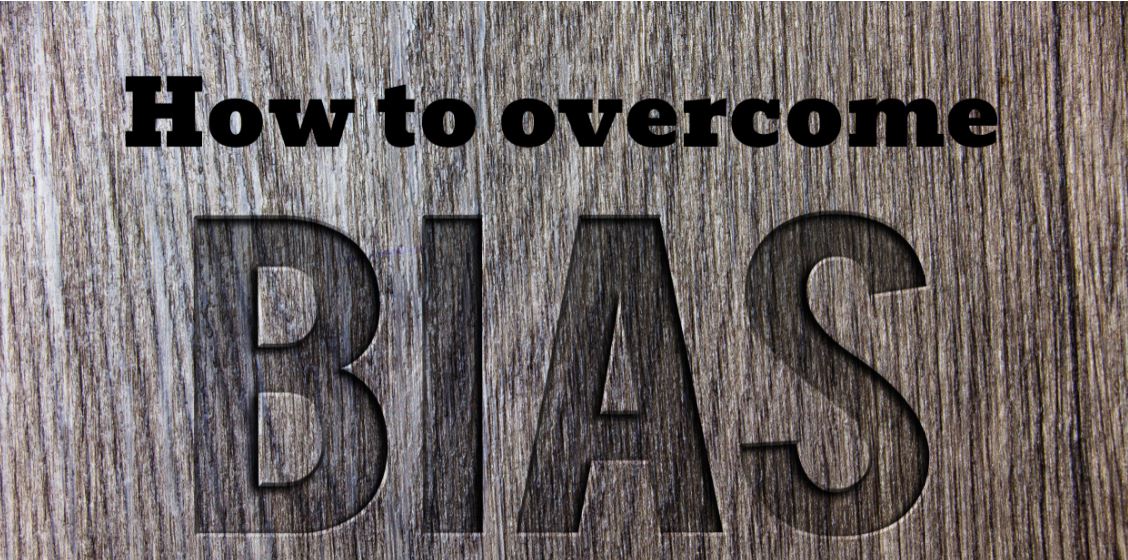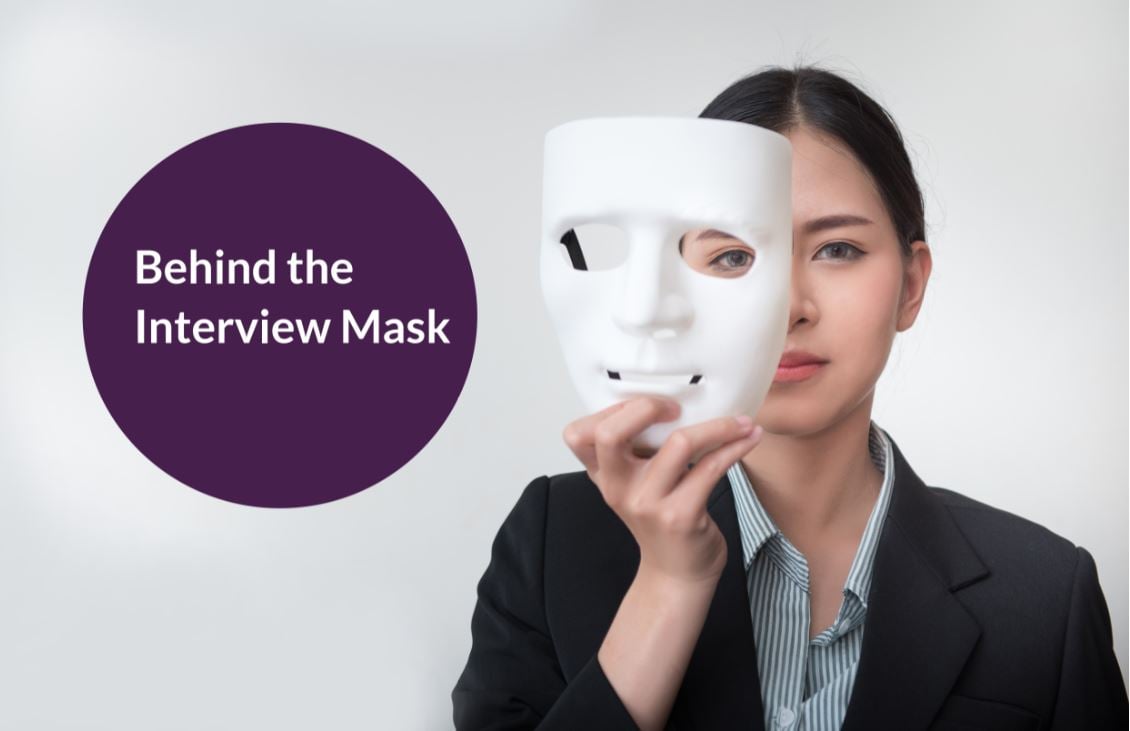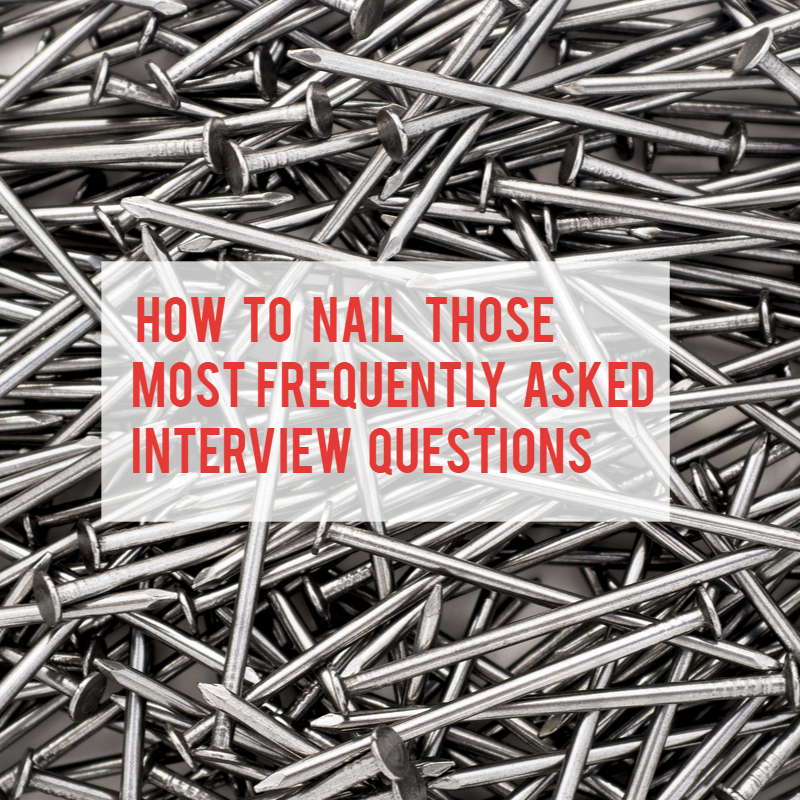Interview bias can have a debilitating impact on a company's ability to meet their corporate objectives.
So how do we overcome it?
In a recent Harvard Business Review article -"Your Approach to Hiring is All Wrong", Peter Cappelli states that "Interviews are where biases most show up" and highlights the need to ensure the processes you adopt counteract this. This will, in turn, improve your retention and reduce your ultimate cost to hire which is always high up on most organisations recruitment goals.

Ok, let's consider Candidates A and B. Human nature tell us you as the reader will have already formed an initial opinion of who you prefer. Am I right? First impressions can be so very powerful as we outlined on a recent podcast and I'm sure when you saw the title image most people sub-consciously thought Candidate A?
Now let us give you some further information on Candidate A and Candidate B.
Candidate A, wearing a professional suit, he's young and attractive, great smile, laughs at your jokes, top university degree, and works for a competitor that you're trying to beat, just down the street.
Candidate B. He's not wearing a formal suit, little older, plainer, slightly quirky and not quite as attractive, a forced smile and a dry sense of humour. He went to college but dropped out halfway through, and really doesn't have any significant industry experience.
So which person would you hire? Be honest with yourself ...... how many of you are saying 'definitely A' ?
Most of you we think. Are we right?
Stop.....Think again!
What you should have said is whichever candidate is..... "The most qualified person for the job," but unfortunately that's not how most hiring processes work within organisations. As uncomfortable as you maybe personally with some of the factors we mentioned above, they do have an impact on hiring decisions within organisations.
Whilst employers are obviously forbidden from stating some of these criteria for suitable candidates, we all are aware of the organisations that seem to have a very strong preference for employing women in a particular department, or a front of house receptionist who is just out of modelling school or a graduate who must come from a 'red brick' institution.
Most hiring teams and interviewers still make decisions based on non-job-related criteria. For example, their appearance, how much energy they have, if they felt like that they could get along with them, if they had a firm handshake, a nice smile, a nice suit, support the same football team or have the same interests.
Shocking but true.
So, Here are 6 common interview biases you need to be aware of to avoid in the interview process:
Stereotyping:
Forming an opinion about how people of a given gender, religion, race, appearance, or other characteristic think, act, respond, or would perform the job without any evidence that this is the case.
Inconsistency in Questioning:
Asking different questions to each candidate will lead to a skewed assessment of who would best perform the job. Questions designed to get particular information about a specific candidate are only appropriate
in the context of a core set of questions asked of every single candidate.
First Impressions:
As mentioned, an interviewer might make a snap judgement about someone based on their first impression, positive or negative. This can cloud the entire interview, e.g. letting the fact that the candidate is wearing scruffy or inappropriate clothing, or has a heavy regional accent, take precedence over the applicant's knowledge, skills, or abilities.
Negative Emphasis:
This involves rejection of a candidate based on a small amount of negative information, which is a common occurrence. Research indicates that interviewers give unfavourable information almost twice the weight of
favourable information. Why?
The Horn or Halo effect:
The "halo" effect occurs when an interviewer allows one strong point about the candidate to overshadow or have an effect on everything else. For instance, knowing someone went to a particular university might be
looked upon favorably. Everything the applicant says during the interview is then seen in this light. ("Well, she left out an important part of the answer to that question, but, she must know it, she went to XYZ University). This is a very worrying and common bias.
The "horn" effect is just the opposite, allowing one weak point to influence everything else.
Cultural Noise:
Since the candidate wants the job, they will undoubtedly provide the words the interviewer wants to hear, even if those words are not entirely truthful. For example, an applicant might say that he has no problem reporting to someone younger, or working in a team setting, when this is not the case. Interviewers should prepare questions that probe for specific examples and stay away from questions that elicit "yes" or "no" answers.
Your goal as a recruiter and as an interviewer is to look past all of those things. Put on your blinkers with regard to the bias factors and start digging for examples of successful performance related to the job that you're trying to fill.
To do this effectively you need a thorough interview process to follow as outlined here in a recent blog.
Can we help?
We have placed and filled over 100,000 temp and permanent assignments over the last 30 years so have a range of techniques, ideas and platforms which could help you. Why not call us on 0113 367 2880 to have a conversation with one of our team. Alternatively drop us an email here or check out our Testimonials and Case Studies.
















.png)






